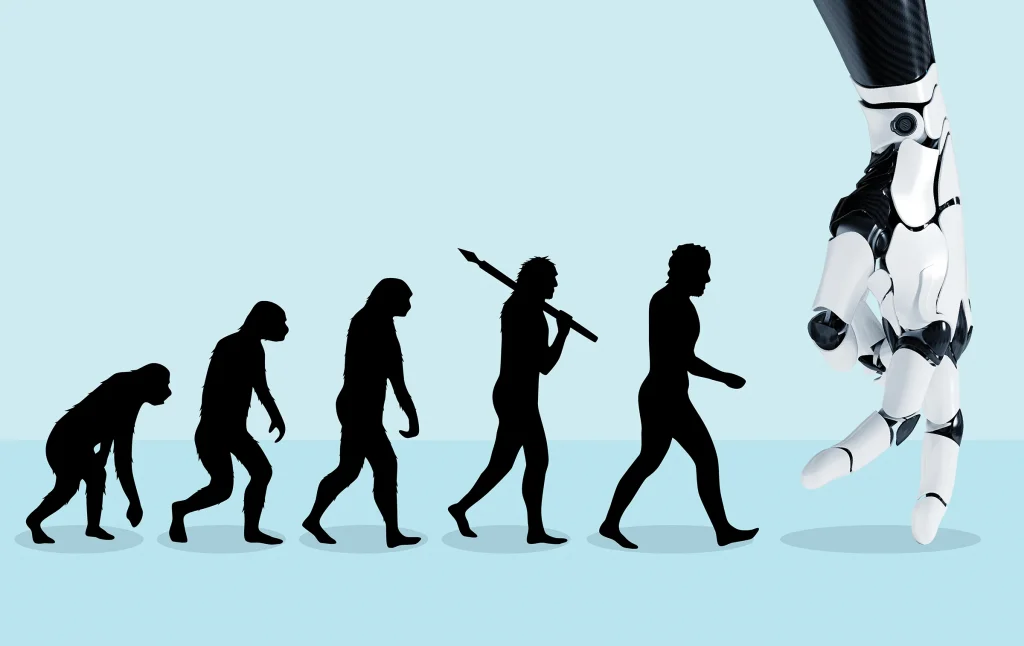Artificial intelligence offers incredible potential for solving problems and making our lives better. Its many promises include accelerating scientific discovery, curing diseases, improving efficiency, and widening access to opportunities. But AI also raises numerous questions about the values it promotes and the risks it imposes. AI can threaten human safety, destroy the environment, and create or reinforce patterns of discrimination. It can upend cherished traditions and ways of living and empower some people and belief systems over others. What are the potential benefits and costs of different innovations and applications? How should value trade-offs be resolved and how should opportunities and impacts be fairly distributed? And who should decide, interpret, and enforce the answers to these questions? This course will acquaint students with forms and applications of AI and the ethical debates that surround them. These debates include concerns about (e.g.) privacy, safety, fairness, explainability, wellbeing, sustainability, democracy, and dignity—and disagreements about how these values should be defined, weighed, and applied. Students will leave the course equipped to defend convincing positions on these questions. And they will leave with general tools of philosophical reasoning that can be applied to ethical questions in other domains.
Theodore Letchterman
Theodore “Ted” Lechterman is Assistant Professor of Philosophy at IE University, where he researches and teaches in political philosophy and applied ethics. His recent work has explored the concept of accountability in AI, the philosophical challenges of democracy-enhancing robots, and the ethics of industry self-regulation. He is the author of The Tyranny of Generosity: Why Philanthropy Corrupts Our Politics and How We Can Fix It (Oxford University Press, 2022) and numerous chapters and articles appearing in (e.g.) Journal of Business Ethics, Polity, Journal of Practical Ethics, and History of Political Thought. A connecting theme across his research is what makes democracy valuable and how this value applies when power is exercised by private and artificial agents.
Lechterman is an Associate Researcher at the Círculo de Bellas Artes, an organizer of the AAAI/ACM Conference on AI, Ethics, and Society, and an officer of the Standing Group on Political Theory for the European Consortium for Political Research. He frequently contributes to public debates and advises organizations on strategies for navigating dilemmas in business, governance, and technology. He holds degrees from Harvard (A.B.) and Princeton (M.A., Ph.D.) and completed postdoctoral fellowships at Stanford, Goethe, Hertie, and Oxford, where he was an inaugural fellow at the Institute for Ethics in AI.

